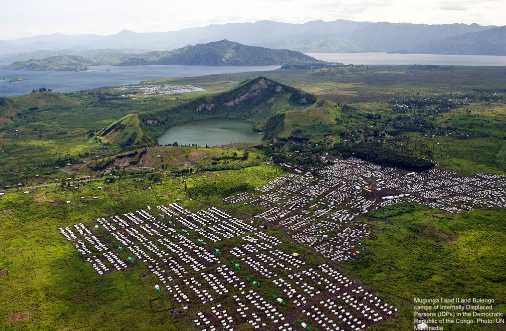The 7 Misconceptions About Refugees & Refugee Camps
By Irungu Peter
People often tend to think that refugees are fully fed by the WFP, clothed by the UNHCR and other humanitarian agencies. This is far from the reality on the ground.Alternatives to immigration detention: Council of Europe and UNHCR launch a new course
Ahead of the World Refugee Day, the Council of Europe is launching a HELP/UNHCR free online course on Alternatives to Immigration Detention with the...
Uganda welcomes thousands of DRC refugees amid COVID-19 lockdown
On humanitarian grounds, the President of Uganda directed its Government to temporarily re-open the Zombo border to allow life-saving aid and protection to be provided to the group of refugees.
Refugee resettlement in Uganda: separating the wheat from the chaff
Traditionally Uganda has been sympathetic to the plight of refugees residing within its borders. This hospitality is slowly waning out as the refugee situation in the country becomes more complicated in recent years.
COVID-19 inducing ‘widespread despair’ among refugees, says UNHCR
The consequences of the prolonged COVID-19 pandemic, deteriorating socio-economic conditions, protracted displacement and the critical shortfall in solutions to displacement are leading to widespread despair among refugees, warns UNHCR, the UN Refugee Agency.
Not a burden: rethinking refugee camps and protracted displacement
The short-termism and managerialism that has become essentially ubiquitous in refugee camps has led, and continues to lead, to a perception of refugees as a burden.By explicitly politicising the refugee camp space, facilitating a growth of agency and self - determination, as well as promoting human capital development and its investment in the camp, this perception can be proven to be erroneous. Refugees are only a burden if you treat them as such.
Influx of Refugees Strain South Sudan’s Transit Centers
South Sudan's transit centers in Renk are grappling with overcrowding as over 15,000 individuals surpass the designed capacity by three times, exacerbating the risk of disease outbreaks.













